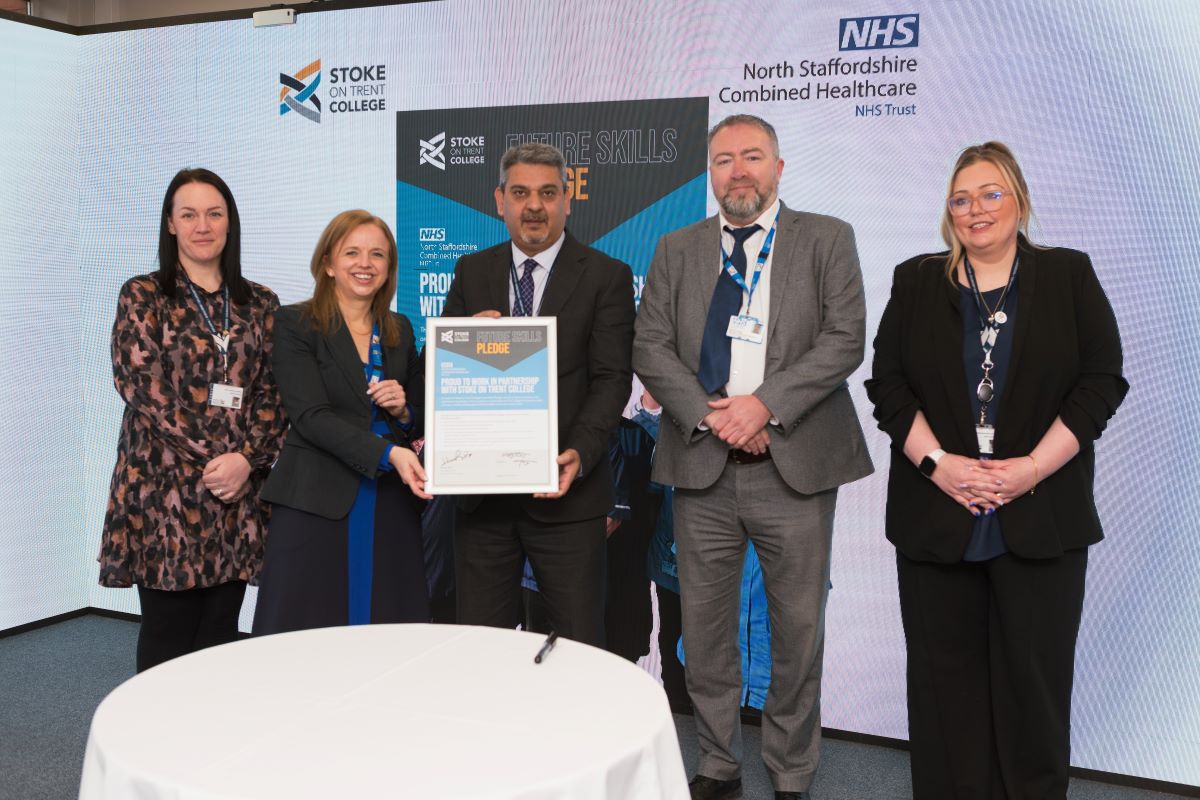Professionalising skills and competencies in counter bribery and corruption

Keeping the public and businesses safe can take many forms, from policing the streets, to tackling cyber-crime. Several public sector services have a duty to improve safety and security for citizens, as well as businesses and entire industries.
In PwC’s Global Economic Crime Survey 2018 it was found that 10% of fraud reported in the UK was classed as bribery and corruption, the second highest type of fraud reported after cyber-crime (42%).
Furthermore, the report continues:
“Given the continuing rise in fraud, it is worrying that 50% of the UK businesses surveyed had not carried out a general fraud risk assessment, which looks at the key risks facing particular parts of their business or activities in the past two years. This is broadly consistent with the global position.
“One of the most surprising statistics in the 2018 survey was the big increase in the proportion of UK organisations that reported having experienced bribery and corruption in the last two years – a figure that has leapt to 23% from just 6% in 2016 (with the global average in 2018 being 25%).”
The new SFJ Awards Level 4 Professional Certificate in Counter Bribery and Corruption is designed to help provide the relevant knowledge and skills for those working in public, private and third sector organisations to tackle ongoing risks associated with bribery and corruption. The recently launched qualification can be undertaken by those new to a counter bribery and corruption role, or those in an existing position looking to enhance and professionalise their skills and competencies and gain valuable CPD.
This professional qualification will help those manage bribery risks and respond when bribery is detected in any form. From initial investigation, through to response and action. The knowledge-based qualification will help standardise learning for those in roles that protect individuals and organisations at risk to this threat.
The UK Bribery Act came into force in 2010 and has made a significant impact in that time by highlighting and raising awareness of the risks and measures needed to reduce bribery and corruption. With several high-profile cases that have happened since the Act was introduced which has led to an increased resilience for UK business who have taken further measures to detect and prevent bribery.
Furthermore, many industries at high risk have invested heavily in improving compliance and therefore transparency of their operations, to demonstrate a zero-tolerance approach to bribery and corruption.
Published in December 2017, the UK anti-corruption strategy 2017-2022 set out key aims to help improve the national approach to reduce the impact of bribery and corruption across all industries. The anti-corruption strategy establishes an ambitious longer-term framework to guide UK government efforts to tackle corruption at home and abroad in the period to 2022.
It sets out a longer-term vision of anti-corruption action leading to:
- reduced threats to our national security
- stronger economic opportunities (especially for British business)
- greater public trust and confidence in our institutions
Promisingly, three-quarters of the UK respondents in the 2018 PwC survey said their organisation “had a formal ethics and compliance programme in place. Of these, 62% said that this included specific anti-bribery and corruption policies, well above the global average of 50%.”
SFJ Awards are proud to be contributing to the ongoing commitment to reduce bribery and improve knowledge, skills, and awareness of the associated risks of corruption. Professionalising competencies in anti-corruption and anti-bribery will help solidify the need for advanced expertise and robust strategies to detect, prevent and reduce fraud.
Developed in partnership with Cifas, with support from Mike Betts, Head of Learning and Counter Studies, the new Level 4 qualification does not require any work-based evidence to complete. The programme can therefore be undertaken by anyone, even those not in a current anti-bribery and corruption role. This means someone who wants to work in counter-bribery and corruption sector, but currently doesn’t have a role in this field, can start their qualification through one of SFJ Awards’ Approved Centres.
Ian Walker, Advisory Board Member at Cifas commented:
“Despite the risks that bribery and corruption present to businesses, it has for years been difficult to find training which provides a comprehensive approach to the topic, not to mention a formal qualification. It’s great to see Cifas going live with an offering, and I think it will provide real value for any firm keen to bolster their prevention of this threat.”
Cifas is a not-for-profit fraud prevention membership organisation and an SFJ Awards Approved Centre, delivering regulated qualifications. They are the UK’s leading fraud prevention service, managing the largest database of instances of fraudulent conduct in the country. Members include a wide range of financial and insurance institutions.
The new qualification, which became available for learners from 1 August 2021, compliments SFJ Awards existing suite of learning developed in partnership with Cifas, with the SFJ Awards Level 4 Professional Certificate in Fraud Prevention. SFJ Awards’ increased range of safety, security and fraud prevention qualifications can support learners in developing a deeper understanding of preventing and reducing fraud and improving resilience for businesses at risk.











Responses